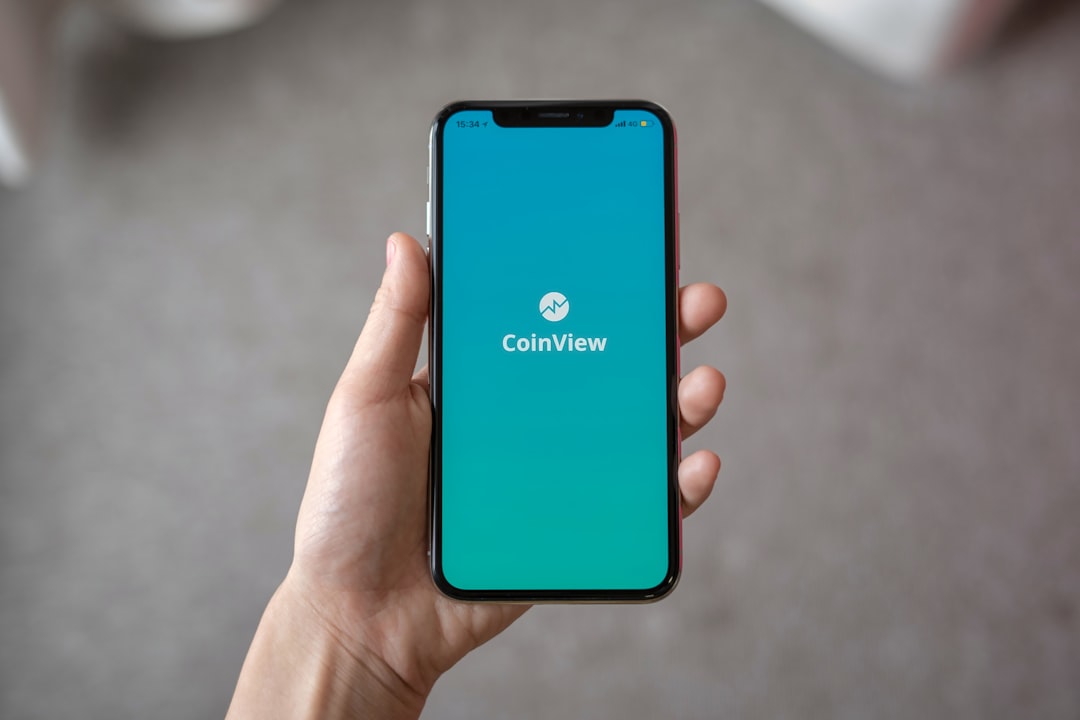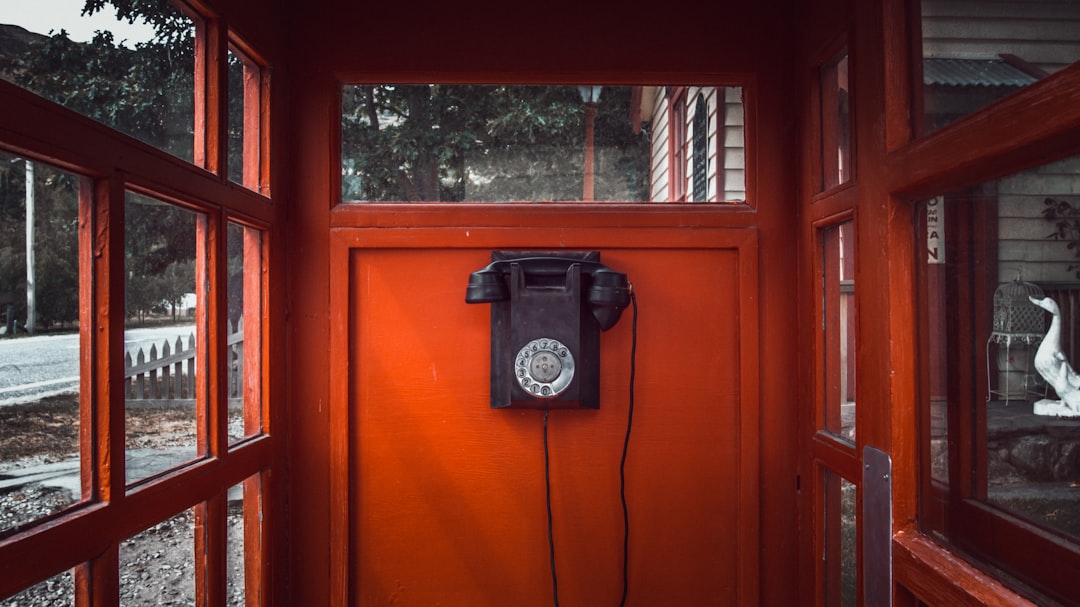Wisconsin residents can stop spam calls by registering for the Do-Not-Call list, using call-blocking features, identifying and reporting spammers, leveraging telecom tools, and joining community initiatives to collectively reduce unwanted calls through education and reporting. Use these methods to reclaim control over your phone lines according to TCPA guidelines.
In Wisconsin, spam calls remain a persistent nuisance, but residents have powerful tools at their disposal to fight back. Understanding these unwanted calls and knowing your legal rights is the first step. Effective reporting methods empower individuals to silence the ringing. By joining community efforts, Wisconsin folks can create a collective impact, making significant strides in how to stop spam calls. This guide explores practical strategies for every resident seeking a quieter, more peaceful communication landscape.
Understanding Spam Calls in Wisconsin

Spam calls, or unsolicited phone marketing calls, are a common nuisance across Wisconsin, with many residents receiving unwanted messages daily. These calls often promote various products, services, or even fraudulent schemes, causing frustration and concern among the population. Understanding the nature of these calls is the first step towards combating this issue.
Wisconsin residents can take proactive measures to reduce the number of spam calls they receive by educating themselves on current phone marketing trends. One effective method is to register their phone numbers on the state’s Do-Not-Call list, which restricts telemarketers from making automated or prerecorded calls. Additionally, being cautious about sharing personal information and considering the source before responding to any unknown callers can significantly minimize the impact of spam calls.
Legal Rights to Combat Unwanted Calls

Wisconsin residents have legal rights and resources available to combat unwanted spam calls. According to the Telephone Consumer Protection Act (TCPA), it’s illegal for companies to make automated or prerecorded phone calls to consumers without their prior consent. This law also prohibits calls made with an artificial or distorted voice. If you’re receiving excessive or unsolicited calls, you have the right to take action.
One effective method is to register your number on the National Do Not Call Registry. This federal list restricts telemarketers from calling your number for a period of five years. Additionally, many phone service providers offer call-blocking features and options that can help filter out spam calls. Learning how to stop spam calls Wisconsin-style involves utilizing these legal protections and technological tools to reclaim control over your phone lines.
Effective Reporting Methods for Residents

Wisconsin residents can play a significant role in combating spam calls by adopting effective reporting methods. The first step is to identify and document the spammer. Note down the phone number, the time and date of the call, and any specific messages or requests made by the caller. This information is crucial when filing a report with the Federal Communications Commission (FCC) or state authorities, as it helps in tracing and penalizing the culprits.
Additionally, utilizing tools provided by telecommunications companies can enhance reporting efforts. Many carriers offer options to block numbers directly from your device or automatically filter out known spam calls. Learning how to use these features effectively is a powerful way for residents to protect themselves and their communities from unwanted calls, thereby contributing to a safer and more peaceful Wisconsin.
Community Efforts: Making a Collective Impact

Wisconsin residents can play a significant role in combating spam calls by joining forces with their communities. Reporting spam is more than just an individual action; it’s a collective effort to create a safer, less disruptive environment for everyone. By collectively sharing information about spam call trends and patterns, residents can help telecommunications providers and law enforcement agencies better understand the scope of the issue.
This shared knowledge enables more effective strategies to be implemented, such as blocking networks or refining consumer protection laws. Additionally, community-driven initiatives like local support groups or awareness campaigns can educate folks on how to recognize and avoid spam calls, further empowering individuals to take control of their communication experiences. Together, Wisconsin residents can make a substantial difference in reducing unwanted spam calls and ensuring a more peaceful and productive phone environment.






